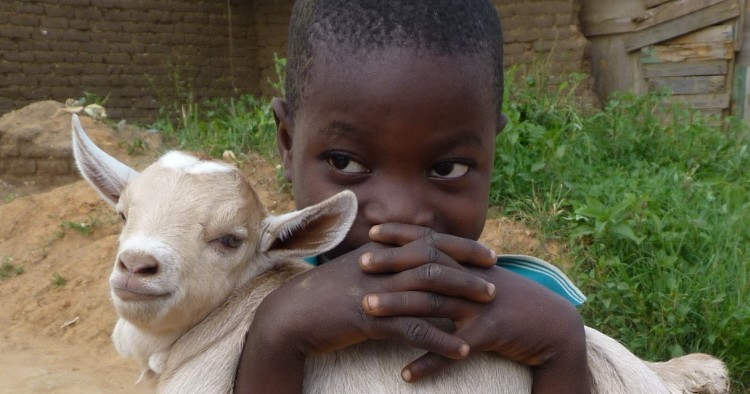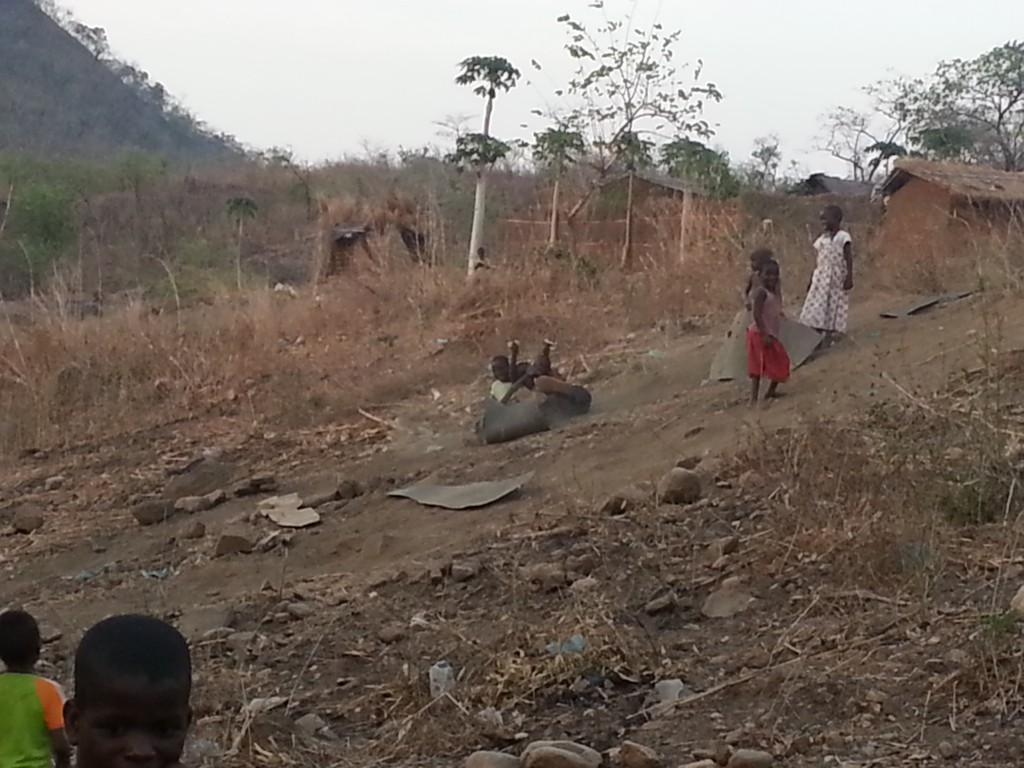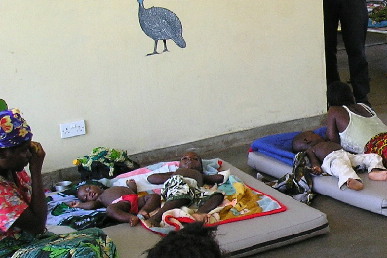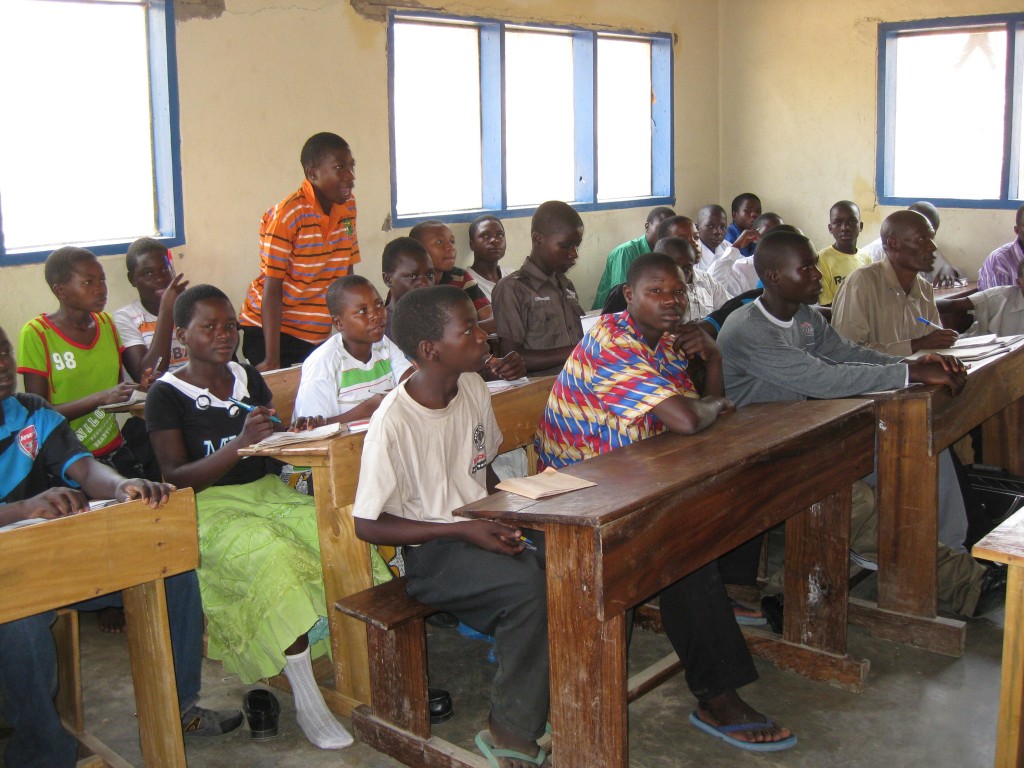For almost 70 years, UNICEF has been protecting children from famine and disease. They’ve only recently recognized the role of global business in that objective. NomoGaia has been helping UNICEF engage with businesses on children’s rights.
In September we ran a workshop, hosted by UNICEF and the Mining Association of Canada, to help mining companies recognize children’s rights issues, building on our field experience witnessing an incredible array of impacts on children that mines had no idea they were having:
Unsecured mine sites have been breached children paid by local gangs to syphon fuel from tractors or steal vital environmental liners – they break in when workers have been cleared from site for safety, because the pits are about to be dynamited.
Mines that ignored HIV in the workforce have triggered increases in disease spread in remote, rural areas, and babies born to unwittingly seropositive mothers missed the opportunity to receive proper treatment.
Mines can cause population influx that overwhelms local schools, leaving teachers powerless to educate future generations.
Yong miners and contractors seduce girls living far from home at secondary school dormitories, who are shunned by their communities and forced out of school if they become pregnant.
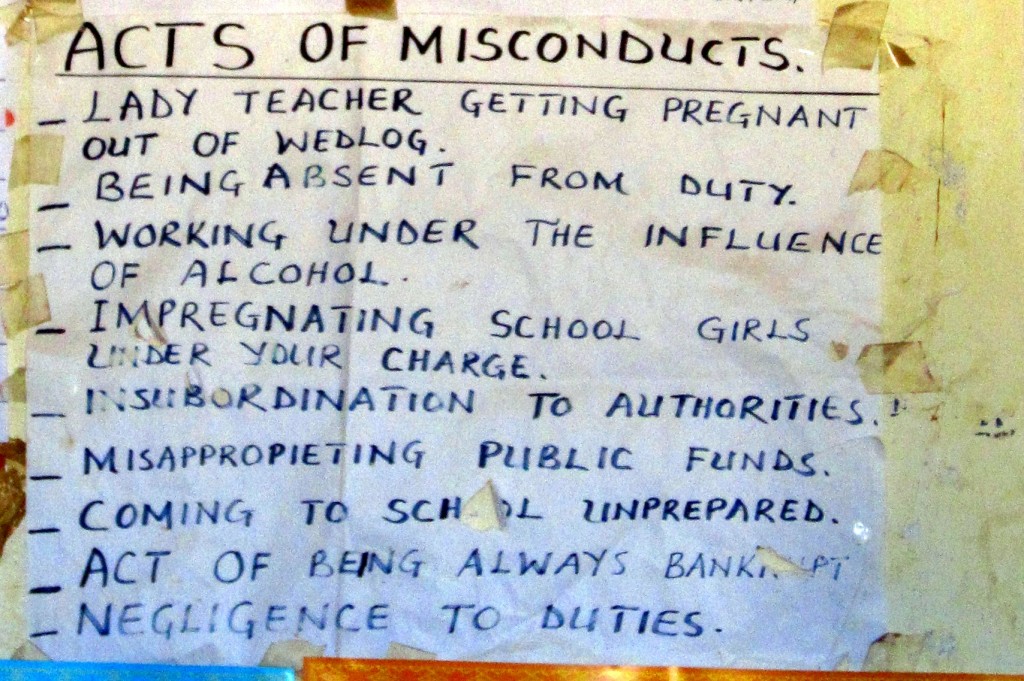
This sign is actually from the primary school. The risks for young girls interacting with mineworkers are yet higher.
UNICEF produced a tool this month for “engaging stakeholders on children’s rights” that drew direct input from our workshop. It’s available here.


